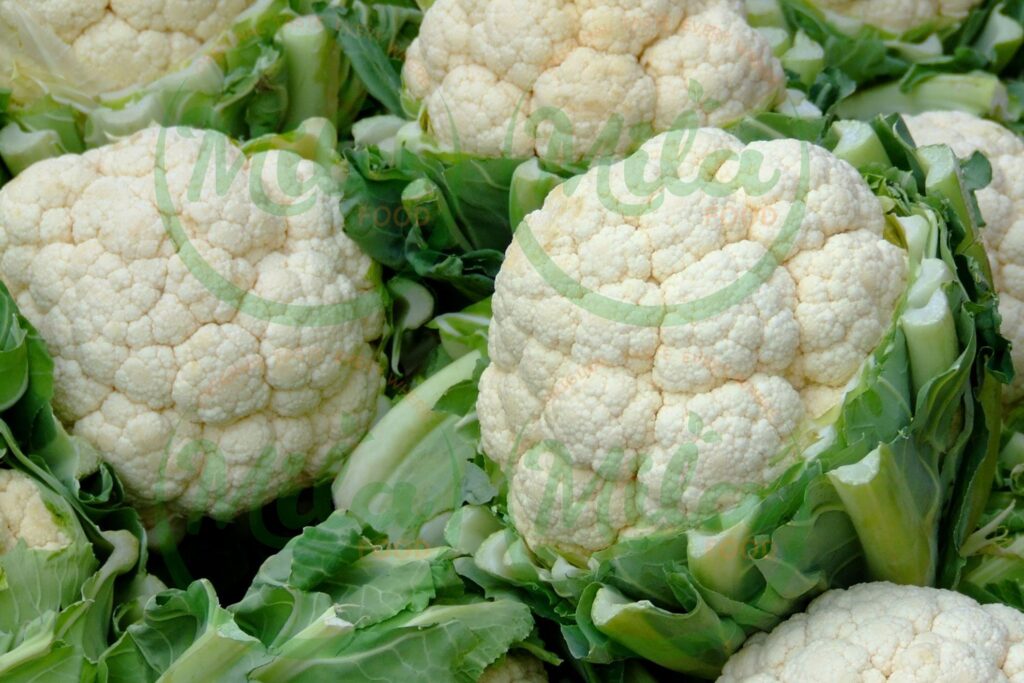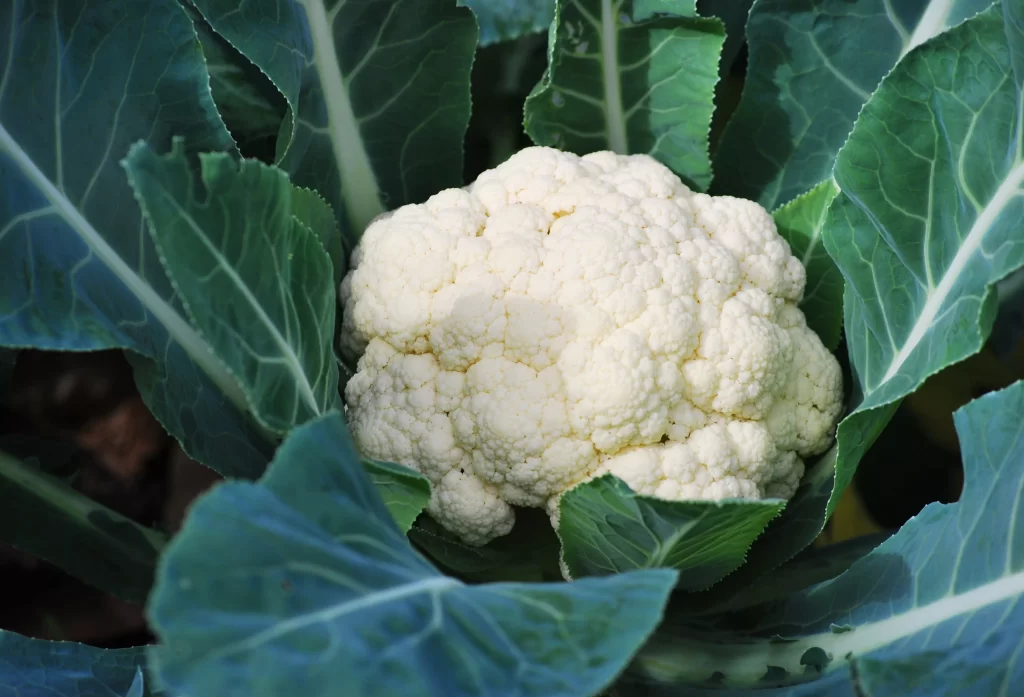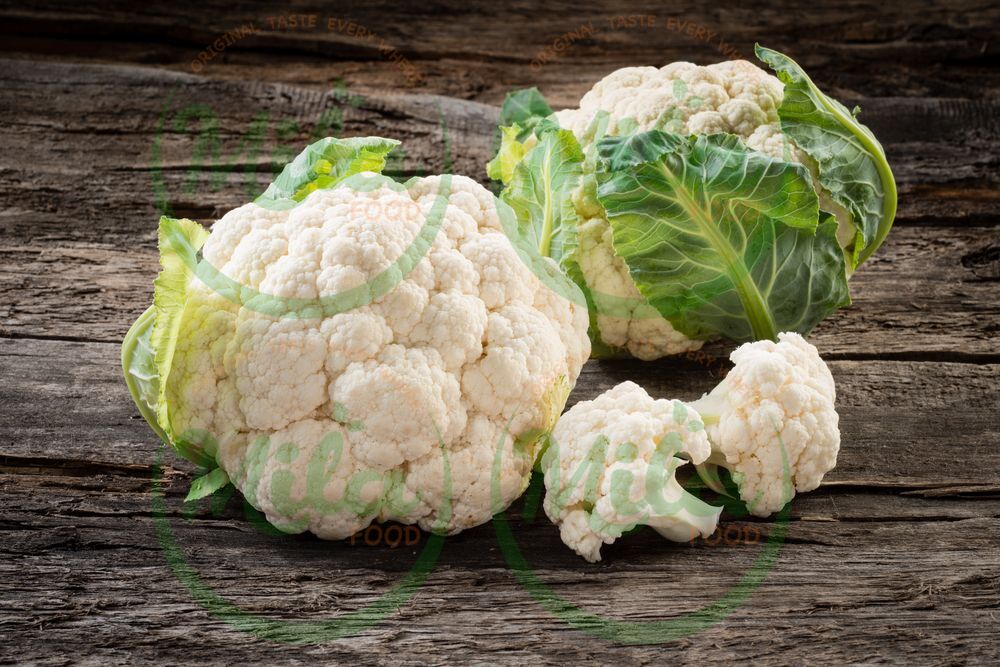


Egyptian cauliflower, where versatility and nutrition converge in a delightful symphony of flavors and textures. With its mild taste and adaptable nature, cauliflower has become a beloved vegetable in Egyptian cuisine, offering endless possibilities for creative culinary exploration. Join us as we embark on a journey to discover the fascinating story, culinary uses, and nutritional benefits of this esteemed member of the Brassica family.
History and Origins: Egyptian cauliflower, scientifically known as Brassica oleracea var. botrytis, has a rich history that traces back centuries. Originating in the Mediterranean region, cauliflower has been cultivated and enjoyed in Egypt since ancient times, prized for its nutrient density and culinary versatility. References to cauliflower cultivation and consumption can be found in ancient Egyptian texts and culinary traditions, showcasing its enduring presence in Egyptian cuisine. Today, Egyptian cauliflower continues to thrive in the fertile soils of the Nile Delta, embodying a legacy of culinary excellence and cultural heritage.
Appearance and Flavor Profile: Characterized by its creamy-white curds and delicate texture, Egyptian cauliflower exudes a subtle sweetness and nuttiness that pairs well with a variety of flavors. Its neutral flavor makes it a versatile ingredient that can be easily adapted to both savory and sweet preparations. Whether roasted, steamed, grilled, or enjoyed raw, cauliflower offers a satisfying crunch and a mild taste that complements a wide range of dishes.
Culinary Uses and Applications: Egyptian cauliflower is prized for its culinary versatility, lending itself to a myriad of dishes and cooking techniques. The florets can be roasted to caramelized perfection, boiled and mashed into creamy purees, or grated raw for crunchy salads. Cauliflower can also be incorporated into soups, stews, curries, and stir-fries, adding both texture and nutrition to the dish. Additionally, cauliflower can be transformed into innovative creations such as cauliflower rice, cauliflower pizza crust, and cauliflower “steaks,” showcasing its adaptability and culinary creativity.
Nutritional Benefits: Beyond its culinary appeal, Egyptian cauliflower offers a wealth of nutritional benefits. It is low in calories and carbohydrates, yet rich in essential vitamins, minerals, and antioxidants. Cauliflower is an excellent source of vitamin C, vitamin K, folate, and fiber, which support immune function, bone health, and digestive health. Additionally, cauliflower contains unique compounds such as glucosinolates and sulforaphane, which have been associated with numerous health benefits, including reduced risk of chronic diseases and improved detoxification. Incorporating Egyptian cauliflower into your diet can help promote optimal health and vitality while satisfying your culinary cravings with its nutrient-rich goodness.
Cultivation and Sustainability: Egyptian cauliflower is cultivated in the fertile soils of the Nile Delta using sustainable agricultural practices. Traditional farming methods, including crop rotation and natural pest control, help maintain soil health and biodiversity while minimizing environmental impact. Whether grown on small family farms or larger agricultural estates, Egyptian cauliflower reflects a commitment to sustainability and responsible stewardship of the land.

